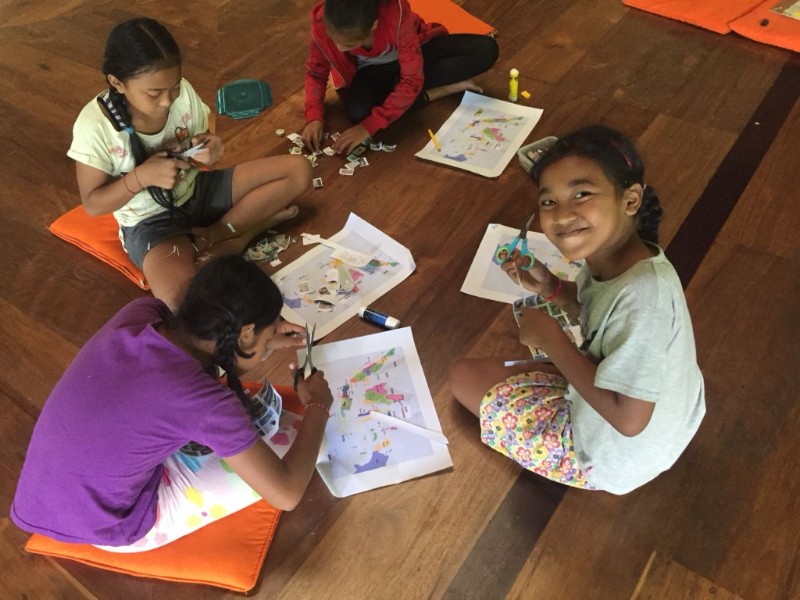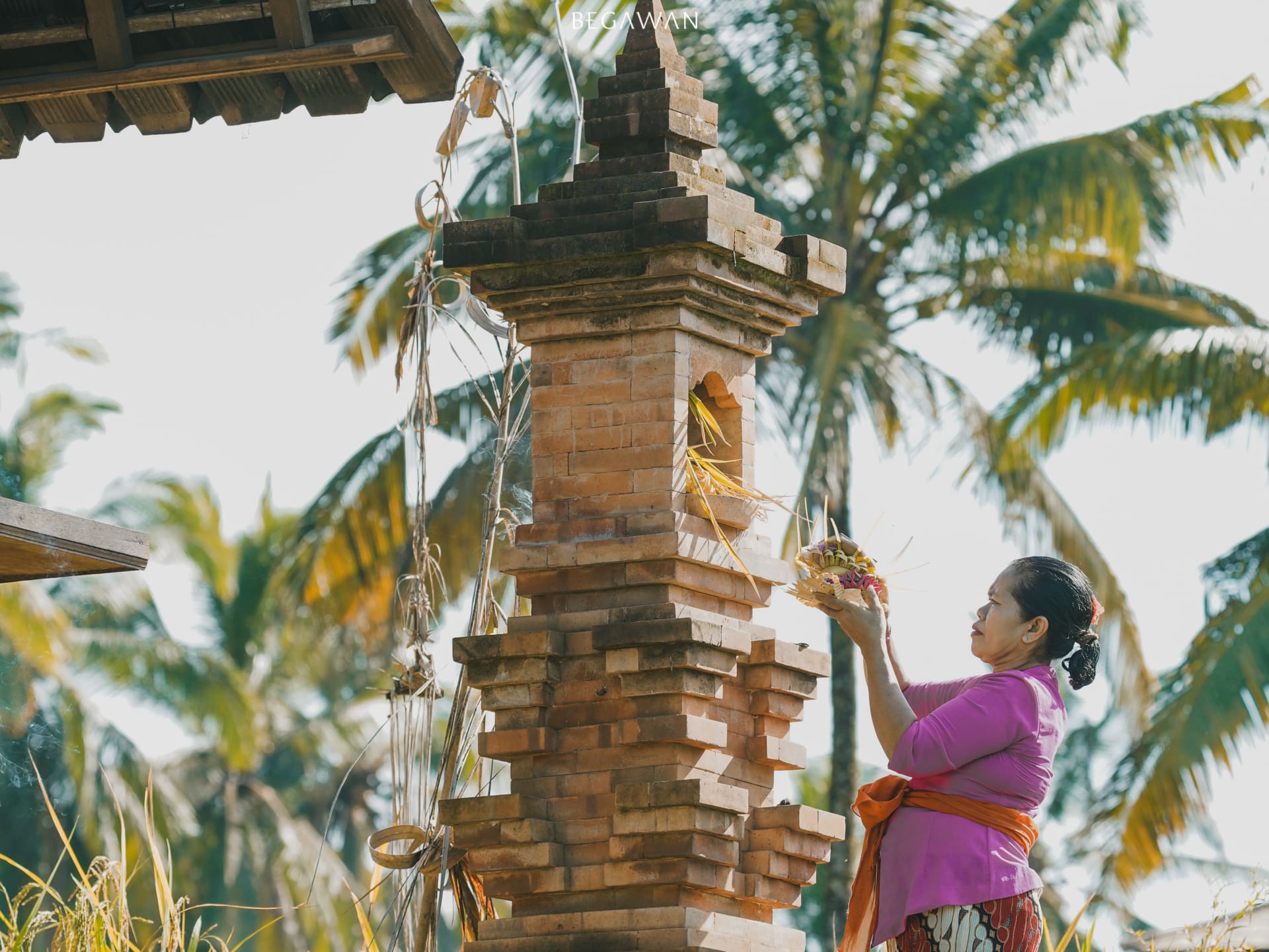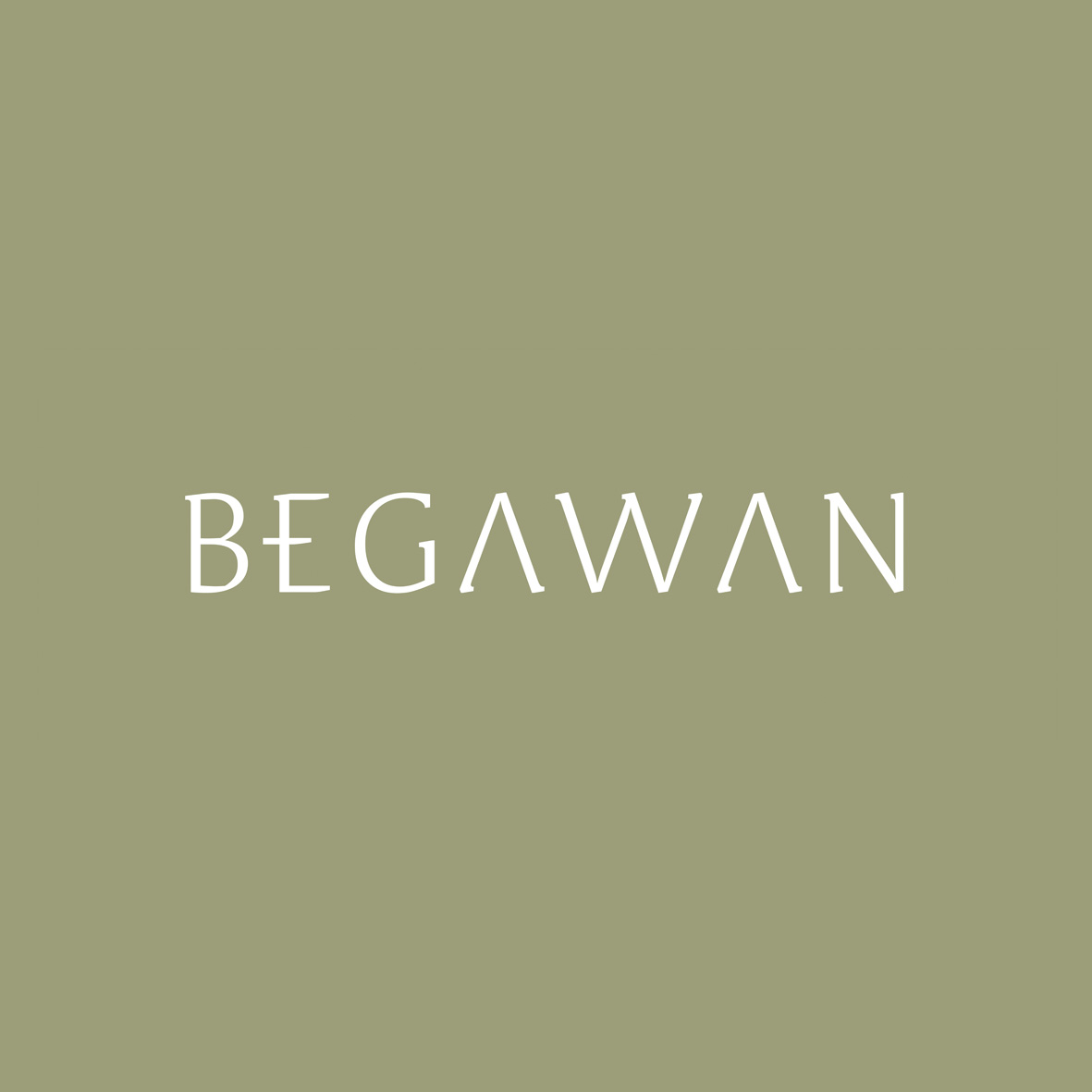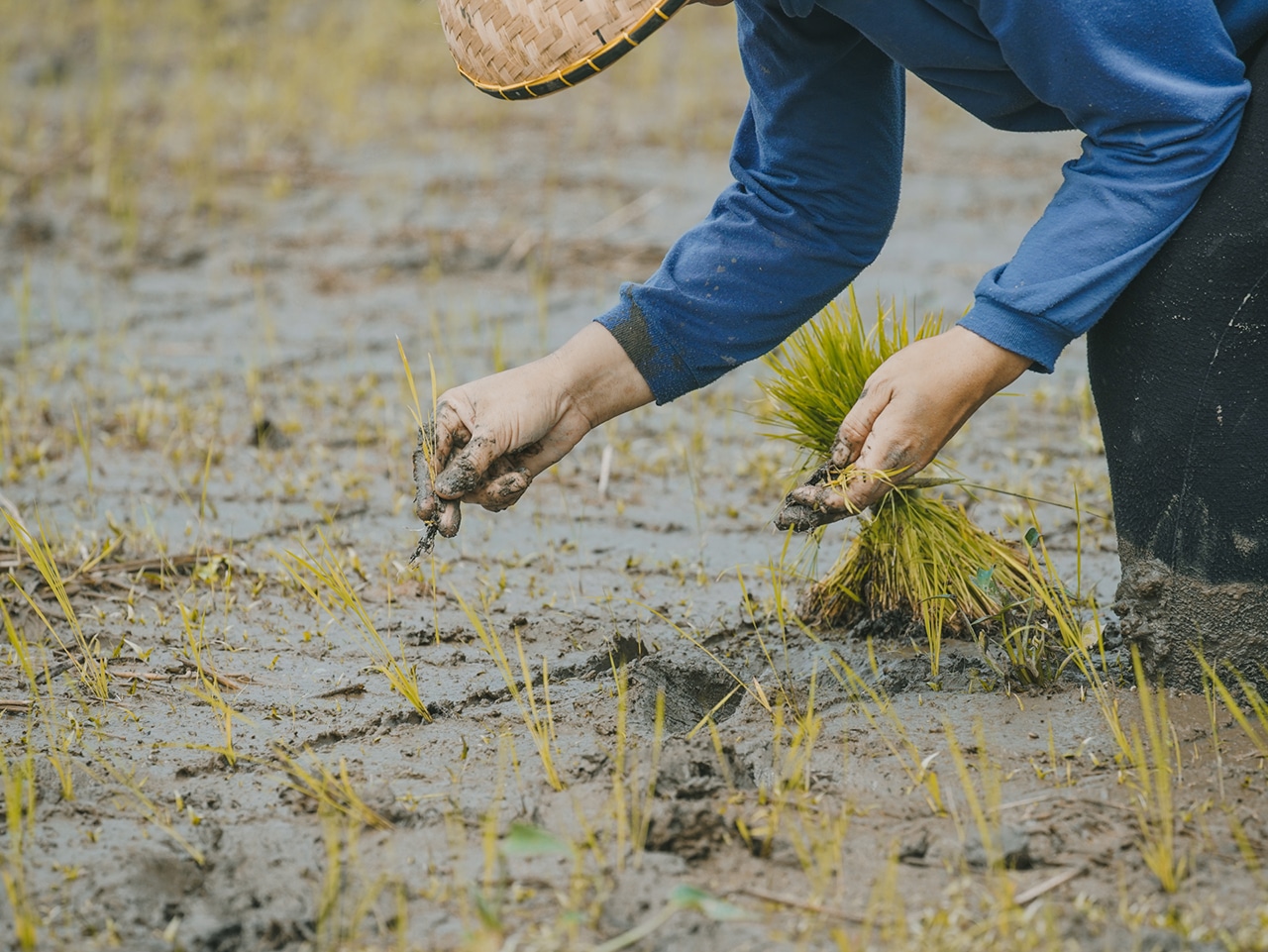
World Wildlife Day, which is celebrated every March 3rd, can be seen as an alarm bell to the world and a call for action from the world’s inhabitants to save its wildlife. Indonesia’s rainforest is the 3rd largest in the world, and is the habitat of a diverse variety of animals, many of which are endemic, and found only in Indonesia.
Of the 10,000 birds species in the world, Indonesia is home to 1,769 and has the highest number of endemic birds, many of which are endangered and need immediate conservation, songbirds such as the Nias hill myna (Gracula robusta), Black-winged starling (Acridotheres melanopterus), Bali myna (Leucopsar rothschildi), Straw-headed bulbul (Pycnonotus zeylanicus), Javan green magpie (Cissa thalassina), Rufous-fronted laughing thrush (Garrulax rufifrons) and Sumatran Laughing thrush (Garrulax bicolor).
Begawan Foundation focuses on the Bali Starling and since 1999 has faced many challenges, introducing education and community engagement into its program alongside breeding for release, as a way of drawing local community attention to the plight of this endangered bird.
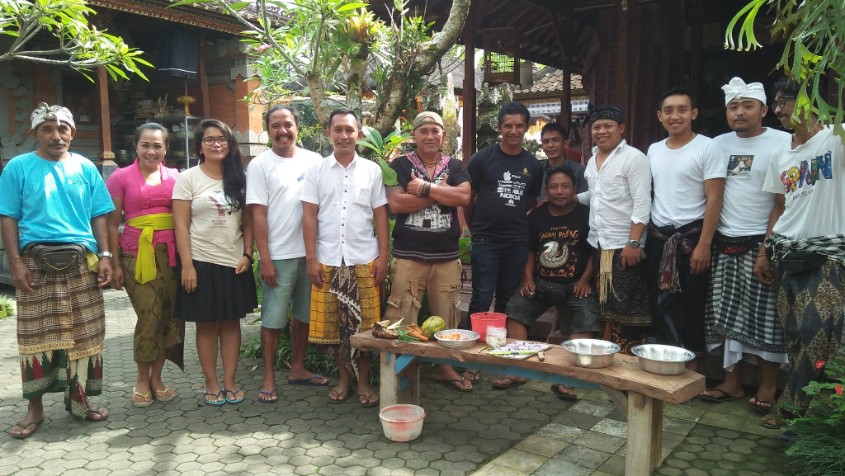
On World Wildlife Day 2018, the education team undertook a presentation to show our Bali Starling Ambassadors and Klub Lingkungan Eco Warriors the animals which are endemic to each island in Indonesia. It was shocking to discover that many students have a lack of knowledge about the Indonesian archipelago, and they can’t identify the location of well-known different islands.
We take the view that one of our tasks is to develop a knowledge of their own country and make students aware of how rich the biodiversity of their country is, a richness that is threatened by deforestation. Based on a 2014 study published in the journal of Nature Climate Change, Indonesia loses an average of 840,000 hectares of forest per year.
Poaching is the second factor which accounts for the decimation of endemic species. In the southeast Asia region, the highest rate of illegal trade and smuggling occurs in Indonesia.
To supply the high demands of the illegal market, poachers capture birds from the wild and sell in bird markets. 40% of these birds will not survive. On January 16th, Malaysia’s Maritime Enforcement Agency arrested a smuggler trying to ship 300 birds from Vietnam to Indonesia. Thrown overboard, almost all drowned and sadly only 3 were saved.
Though the Indonesia government with its law, PP No 7 of 1999 Article 21.2, says that an illegal endangered species trader will be punished with 5 years in jail and Rp. 100,000,000 penalty, yet the market is still full of poachers, attracting many buyers.
This rapid loss of habitat, poaching and inadequate protection still haunts the issue of protected wildlife. So how to save wildlife? Most students spontaneously answer that they must not litter and not buy illegal pets. But is this actually carried through into everyday life? We urge our students to start with simple actions and point out that every action will affect the ecosystem, and that our own daily habits can save or threaten wildlife.
Begawan Foundation as an organization has taken a big step forward in its program for the Bali Starling Community Breeders in Melinggih Kelod, now running since November 2017. We hope by breeding birds in captivity, we can foster an awareness that will alleviate the capture of wild birds for the pet trade and engage our local community in our conservation program.
We have transferred 19 pairs of birds to their new homes in selected breeders’ compounds, where we set the standards for the breeders, establishing both bird husbandry and diet guidelines, to ensure healthy offsprings.
We hope that it shouldn’t be too long before a free flying wild flock of Bali Starling around Melinggih Kelod can become a new tourist attraction.
Begawan Foundation has set clear goals for the program, monitoring its ongoing development regularly and coordinating with BKSDA (Natural Resources Conservation Agent). Working with the community, the foundation holds both informal and formal meetings to ensure that this program is seen as mutually advantageous.
Our bird keeper, Ngurah, is the community contact, checking the birds and conditions of the enclosures, following the progress of each pair. Friendly communication plays an important role in the success of this community program. (Fauziana)
